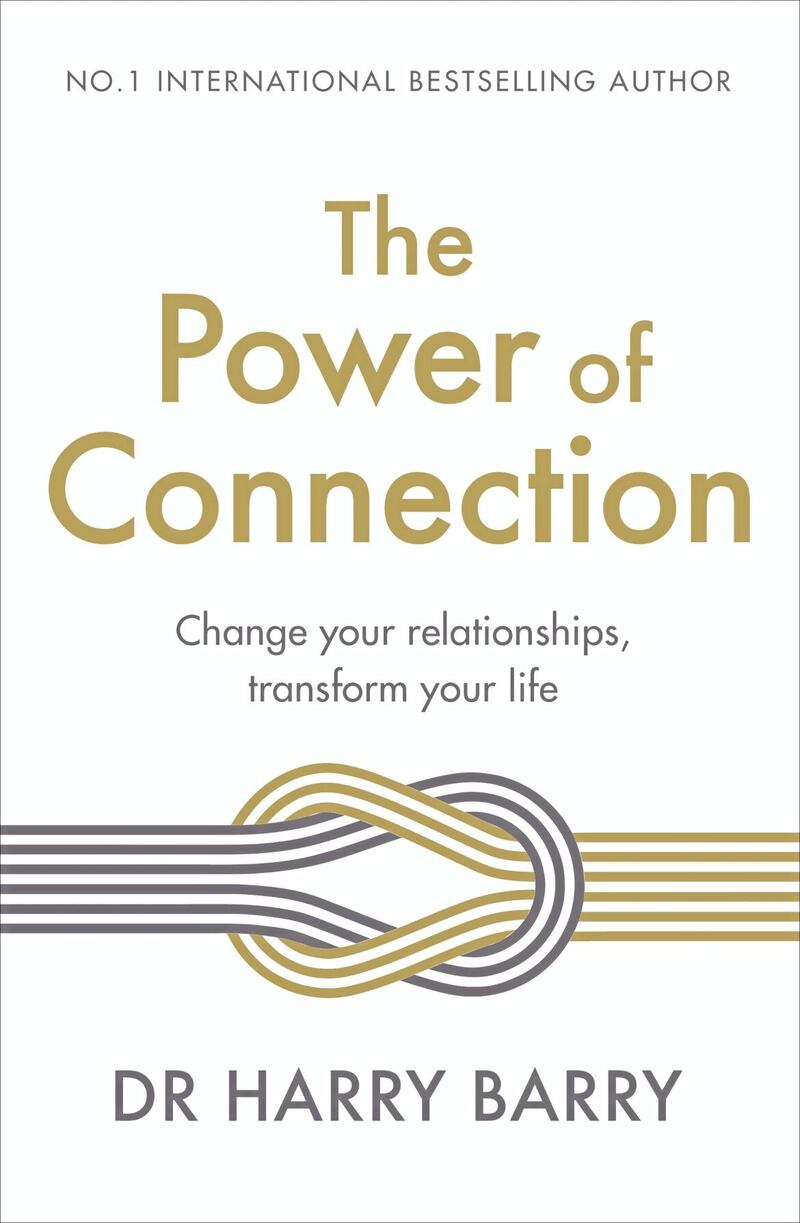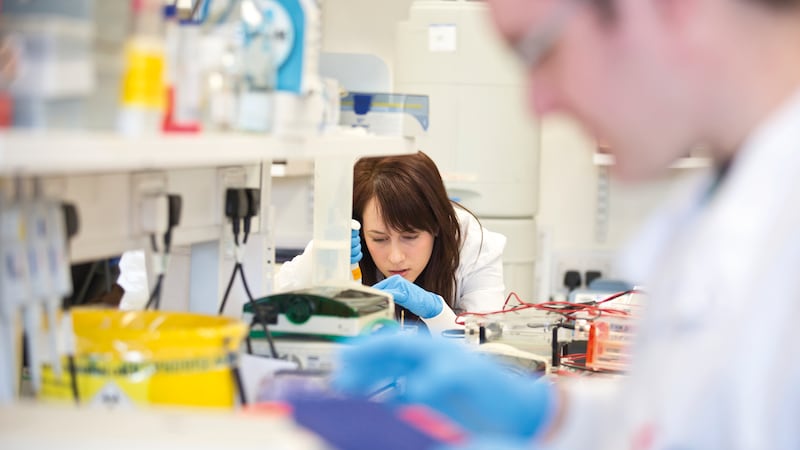ARE we on the cusp of an era where the work of tens of thousands of years of human brain evolution is coming under threat? Where the finely honed social face-to-face communication skills driven by our powerful social brain fall victim to the relentless advance of modern life? Where such skills, like underused muscles, begin to atrophy and lose their power?
The 'social brain' underlies many of the vital processes involved in how we emotionally interconnect with each other. These include listening, conversing and reading non-verbal cues.
Yet, few of us ever reflect on the essential role that our social brain plays in our busy everyday lives. Or reflect on the reality, that these skills are not simply present from birth but have to be learnt, developing steadily through our social interactions, from childhood through adolescence into adult life. We simply take them for granted. But like most things in life, it is only when something of great value is either diminished or gone, that we fully grasp its importance.
In the past few decades, there have been three major challenges to the social brain and its key emotional connection skills, namely social media/technology, the Covid pandemic and the arrival of hybrid working.
Despite advances in technology, never have so many of us felt lonely, stressed out, disconnected from real life or suffering from burnout. Something is missing.
I believe it is the gradual loss of these essential social communication skills and the desire to learn and put them into practice which lies underneath these distressing feelings. The recent pandemic also showed us what a world without real face-to-face communication would look like. Hybrid working despite all of its advantages also present us with significant challenges to these critical interpersonal skills
My latest book, The Power of Connection, explores many of these issues but more importantly details the four key sets of vital emotional connection skills which all of us need, why they are important and, most importantly, how we can acquire or strengthen such skills and apply them. It is a blueprint for how to more easily navigate the social world we find ourselves residing in. If you can really work on these skills, the benefits which can accrue are enormous, especially for your everyday social and working relationships.
Our social brain relates to an incredible network of structures and neuronal networks in the brain which control all aspects of our social world. It includes areas such as our pre-frontal cortex, limbic system, mirror neuron system, the amazing spindle cell network and our language centres.

All of these combine to consciously and unconsciously control every facet of your face-to-face human social interactions. The social brain is the powerhouse for the skills necessary to navigate your social world and one which each one of us can tap into.
The benefits of working on your social connection skills are incalculable and will remain with you for life.
Imagine if you could easily: relate to others and be at ease in any social or professional situation in which you find yourself; find yourself becoming more empathetic, warmer, kinder and connected to family and friends; improve your romantic relationships and friendships and find yourself feeling less lonely. You can achieve all of the above by harnessing the hidden power of your social brain which lies within each one of us.
There are four key skill sets which all of us need to work on:
1. Verbal skills – these include areas such as listening and conversation.
2. Non-verbal skills – these include body language, facial expressions, eye contact, touch and how to respect personal space.
3. People-to-people skills – these include empathy, how to read non-verbal cues and how to manage conflict.
4. Personal skills – these include self-acceptances, how to be yourself, humour, kindness, gratitude and learning how to banish hurt and frustration
Would you like to become a great conversationalist, feeling comfortable in any social setting? Develop your sense of curiosity about others and life? Banish social anxiety quickly out of your life? Become a person that others instantly gravitate towards? Find it easier to navigate the sometimes fraught world of personal relationships? Banish hurt and frustration out of your life for good?
The good news is that you can develop these vital social skills within a relatively short period of time. It is there for each one of us - the power of connection.
The Power of Connection by Dr Harry Barry is published in trade paperback by Orion Spring and is out now.








